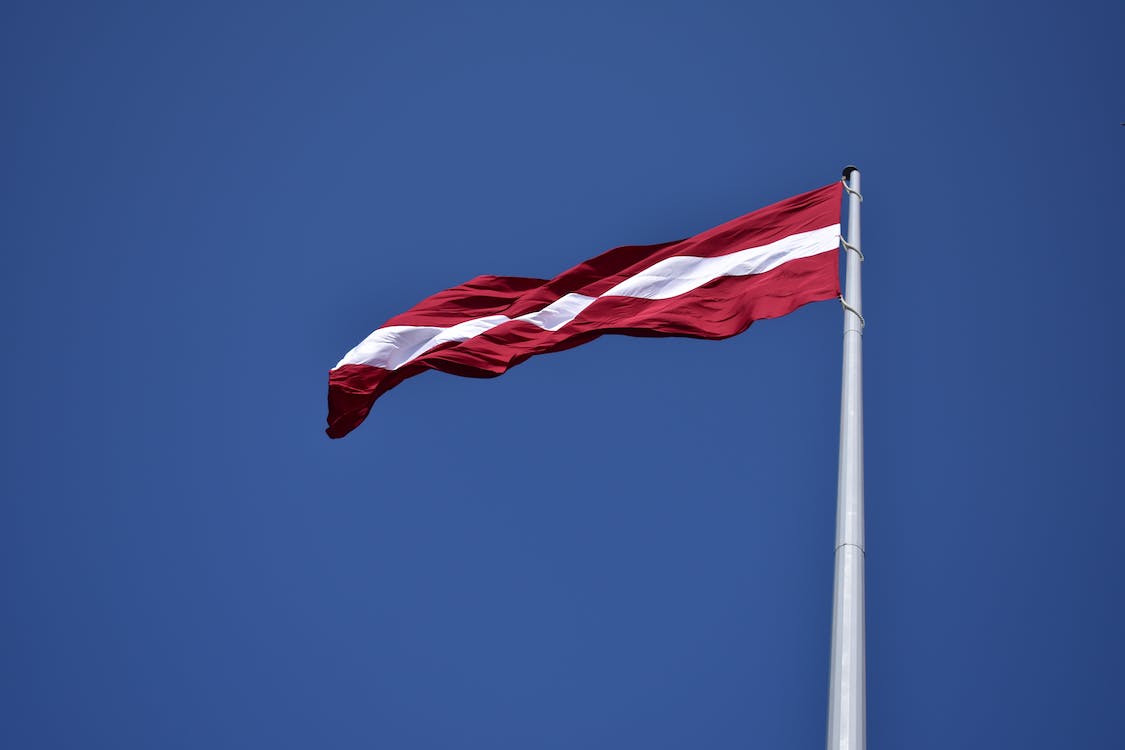Latvian leader vetoes effort to exit women's rights treaty
Nov 04, 2025

Riga [Latvia], November 4: Following protests against Latvia's withdrawal from the Istanbul Convention on protecting women against violence, President Edgars Rinkevics vetoed a bill on Monday that would have removed Latvia from the treaty.
Rinkevics then referred the decision back to parliament in Riga for further deliberation. The Saeima, Latvia's parliament, had previously decided to withdraw from the Istanbul Convention, a Council of Europe agreement, sparking public protests in the EU-member country and causing an international stir.
The convention classifies violence against women as a human rights violation. It also defines political and legal measures that signatory states are to create for a uniform Europe-wide framework for prevention, victim protection and criminal prosecution. The Council of Europe, the continent's top human rights watchdog, is not an EU institution.
Rinkevics justified his veto by citing important questions that remained unanswered. For example, he expressed concern about the contradiction between parliament and the government in implementing the decision.
The decision to withdraw was introduced by the opposition and passed with the help of votes from one of the three coalition parties.
After a lengthy debate, Latvia ratified the convention, which was drafted in 2011, only last year and it took effect on May 1, 2024. Its ratification was an important concern for the centre-left government after it took office in September 2023. Opponents, on the other hand, see the treaty as promoting an ideology that undermines traditional family values in Latvia.
Had Latvia withdrawn from the agreement it would have been the first EU country to do so.
Rinkevics told the press on Monday that the government is sending "a very contradictory signal - both to Latvian society and to our international allies" by first ratifying and then terminating the convention during a single term of office. Although his veto prevented the termination, he criticized the back and forth.
This unpredictability of government action is inappropriate in the European legal area, he said.
Women's rights organizations and institutions working with victims of violence feared that a withdrawal will weaken the protection of women and efforts to achieve gender equality.
Protests against the planned withdrawal took place in Latvia. In a letter to the Latvian government, diplomats from 15 countries expressed their concern about a possible withdrawal, as did the Council of Europe and other international organizations.
Source: Qatar Tribune









